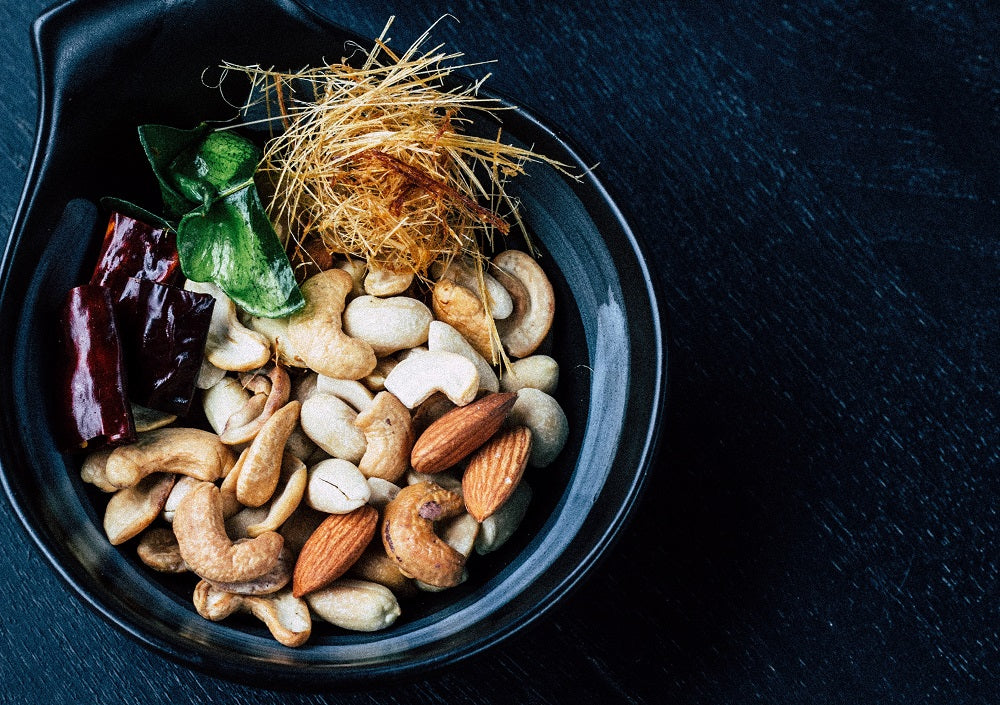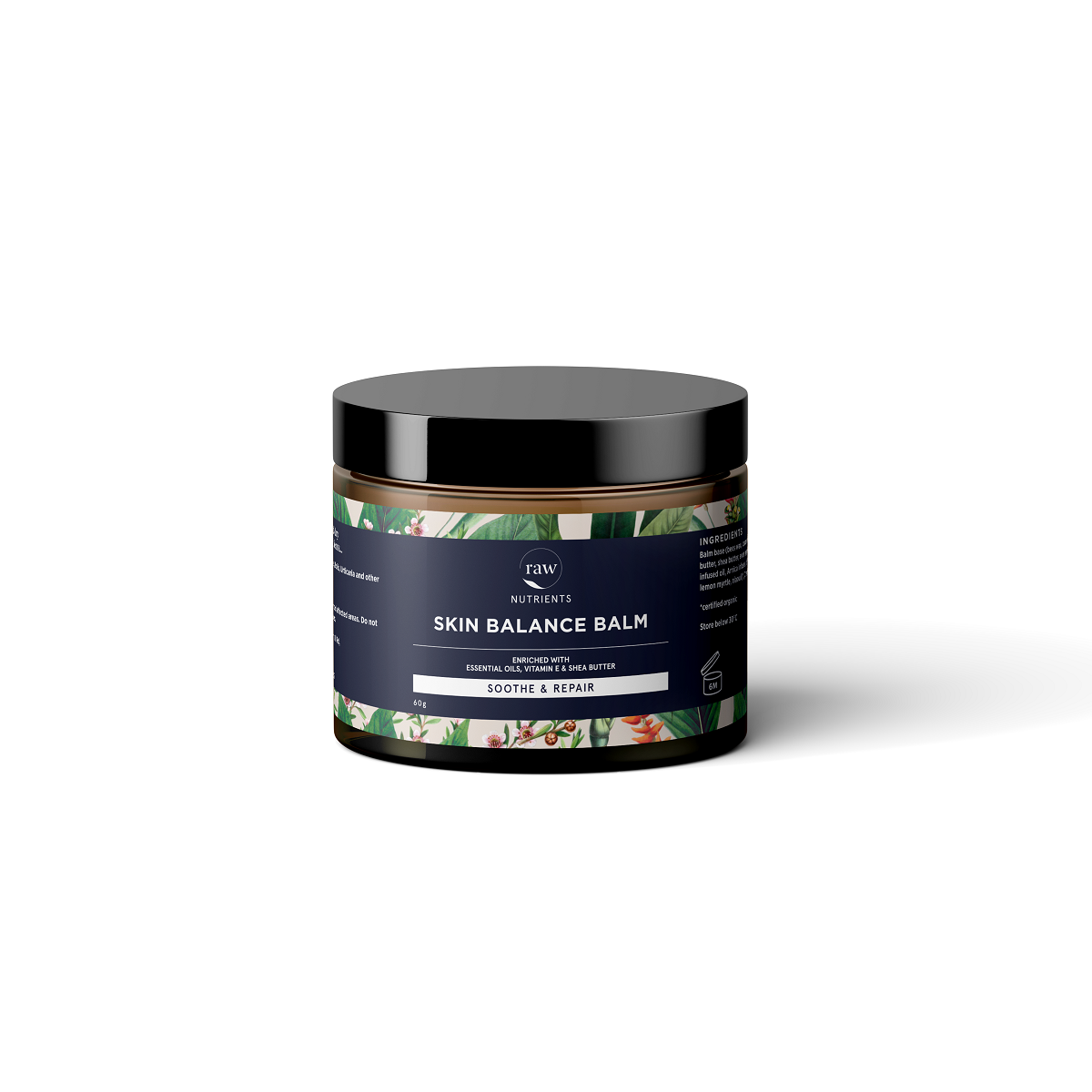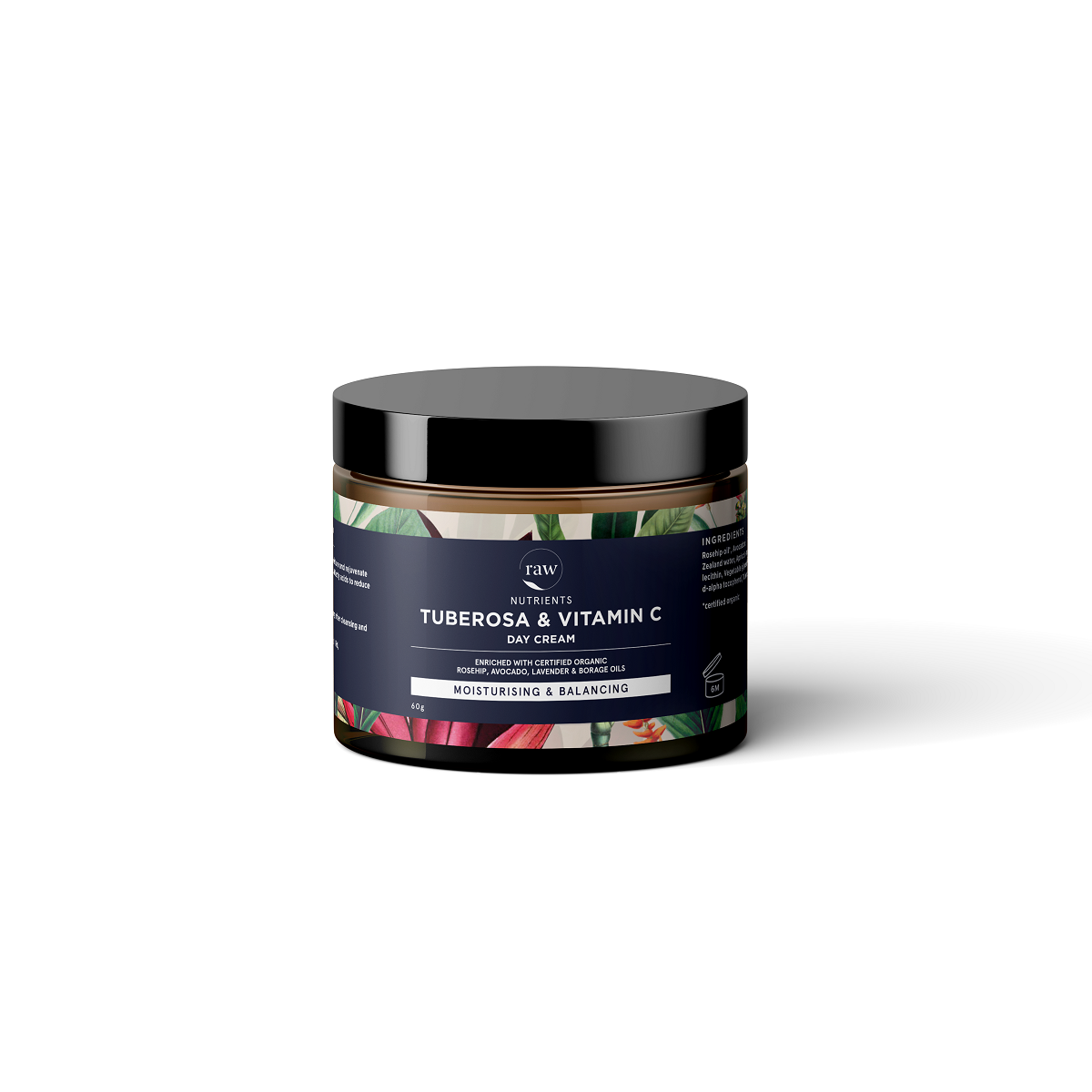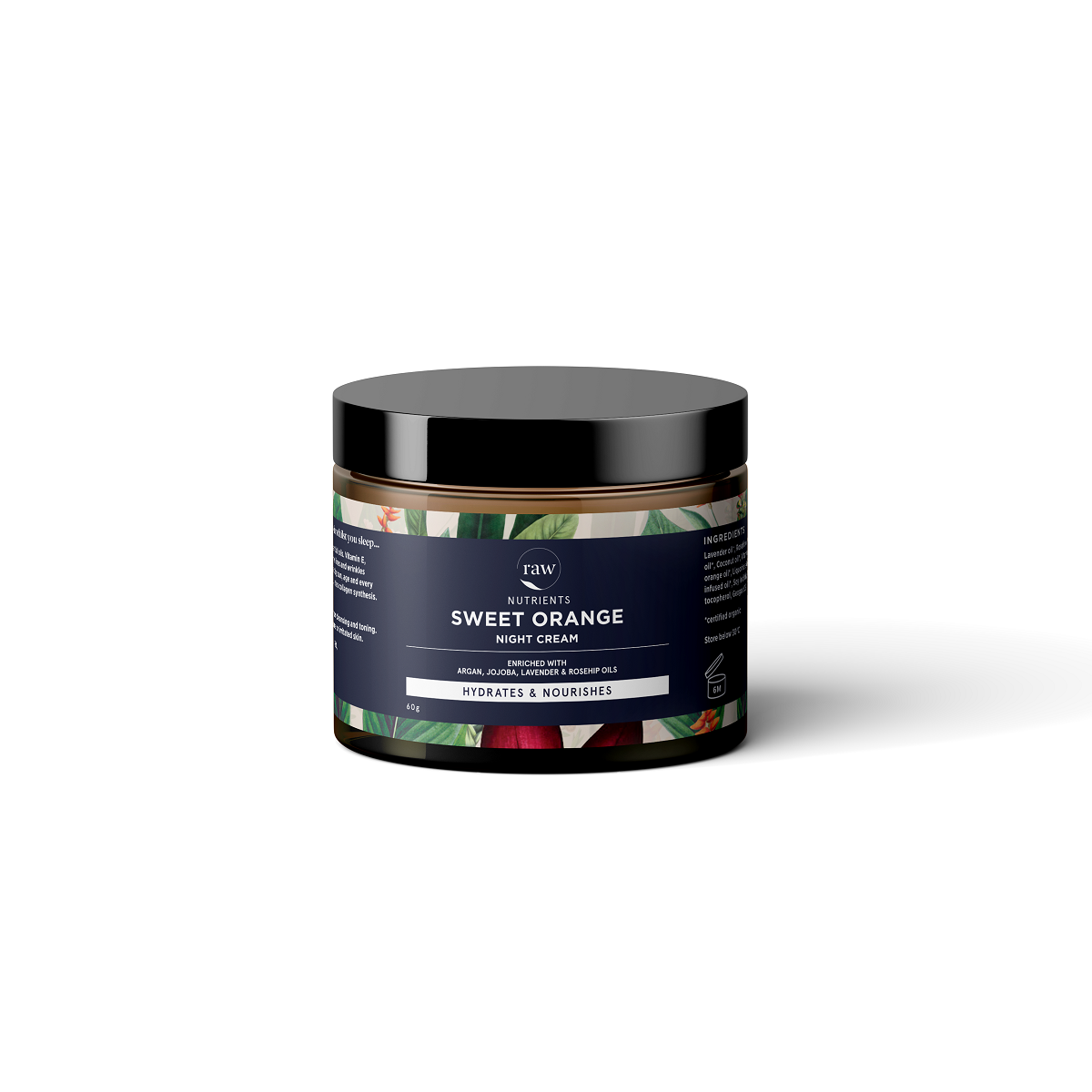-

Think about zinc!
Zinc plays many important roles in your body. This essential dietary mineral is involved in metabolism processes, hel...
-

Magnesium; Are We Consuming Enough?
There is widespread magnesium deficiency, and given the importance of magnesium in the body, it is but essential to r...
-

Probiotics; When & how do they work best?
Your gastrointestinal system comprises different microorganisms. The gut bacteria play a vital role in the health and...
-

Vitamin C; How does it benefit wellness?
Vitamin C has gained popularity as an antioxidant. However, research claims that it can act as both an antioxidant an...

How a plant based diet can support diabetes
The incidence of diabetes has increased manifold. Poor lifestyle and dietary choices are to be blamed for the rising number of diabetes cases. However, you might be surprised to know that vegetarian food is inversely associated with the risk of diabetes. If you have diabetes, it is even more important to be aware of what you eat. Plant foods are rich in antioxidants, fiber, folate, and phytochemicals and are deficient in saturated fat. A whole plant-based diet is low in calories and fat, thus believed to be beneficial for diabetes. [1]
Plant Food for Diabetes
Low-fat, low-calorie plant-based diet for diabetes is considered ideal to ward off disease, such as obesity, cardiovascular disease, high cholesterol, and hypertension. Vegetarian diets are believed to be beneficial than medication and have preventative and therapeutic effects for diabetes management. Research suggests that fat in animal food interferes with the ability of insulin to transport glucose to the cells. Less fat intake enables insulin to do its job of transporting glucose without leaving too much of it in the bloodstream. [2]
However, less fat intake does not mean choosing skim milk, skinless chicken, and baked fish for your diabetes diet. In fact, these dietary modifications are not sufficient to beat diabetes. Rather, the idea is to eliminate animal and fatty foods from your diet for diabetes.
Plant food for diabetes eliminates animal food and emphasizes whole grains, legumes, seeds, vegetables, nuts, and fruits.
Dietary choices affect the levels of insulin in the body and influence insulin resistance. Sedentary and aging population is more at a risk of diabetes. In addition to this, an increase in the intake of calorie-dense foods, highly refined grains and sugars, and sugary beverages contribute to the rising rates of type 2 diabetes.[3]
Lifestyle changes with a focus on healthy dietary and lifestyle choices can help prevent, manage, and even reverse type 2 diabetes. However, early intervention is the key. Research claims that a combination of plant-based diet and aerobic exercise might help control non-insulin-dependent diabetes mellitus (NIDDM) and associated risk factors and macrovascular complications.[4]
According to the Diabetes Prevention Program, 20% participants aged 60 and above benefited from lifestyle changes, reporting a 71% reduction in risk of diabetes. The research emphasized that older adults reaped the highest benefit than other age groups.[5]
Cohort studies stress the role of plant diet for diabetes. Populations that are traditionally fit with rare diabetes incidence are reported to eat unprocessed or minimally processed foods. Rice, potatoes, beans, oats, fruit, pasta, and vegetables are the primary components of their diet.[6]
Why is a Plant-Based Diet for Diabetes Effective
Several meta-analysis studies indicate a positive association between diabetes risk and animal diet rich in red or processed meat. The research assumed that processed meats contain nitrosamine and advanced glycation end-products that risk causing diabetes. Additionally, there are high amounts of heme iron in meat products, which further accelerate oxidative stress. As a result, it impacts how glucose is metabolized in the body, contributing to insulin resistance.[7]
On the other hand, in the largest prospective study done to investigate plant food and diabetes risk, plant-based diet received positive scores on the plant food index compared with animal foods that received reverse scores. Additionally, even refined grains, fruit juices sugary beverages got reverse scores.
Specific fruits and vegetables, particularly root vegetables, leafy greens, apples, grapes, and blueberries, are associated with a lower risk of diabetes and may be beneficial for diabetes prevention.[8]
In another study, it was found that mean body mass index in vegans was the lowest and highest in nonvegetarians. BMI was second highest in semi-vegetarians and second lowest in lacto-ovo vegetarians. Additionally, the risk of type 2 diabetes went up in vegans from 2.9% to 7.6% in those on an animal diet. Lifestyle adjustments in the form of physical activity, alcohol use, sleep patterns, television use helped reduce the risk of diabetes in all populations, except nonvegetarians.[9]
Legumes have been shown to play a role in type 2 diabetes prevention, particularly in older adults who are at high risk of cardiovascular problems. A low-energy, low glycemic index food, legumes may positively impact glycemic control and adiposity and ameliorate insulin resistance.[10]
A Vegan Diet for Diabetes
Vegetable oils are relatively healthier than animal fats. However, they are not the healthiest foods, being high in calories and fat. When starting a vegan diet for diabetes, the idea is to limit the intake of fat, including vegetable oils, oily sauces, and salad dressings. Additionally, opt for a handful of nuts everyday and limit olives and avocados. Always read labels before picking foods and choose foods with less than 2–3 grams of fat.
Diabetics should favor foods low in glycemic index. The idea is to avoid or limit the consumption of foods that are associated with high blood sugar. Additionally, foods high in glycemic index pose a risk of high triglyceride levels.
When opting for a diet for diabetes, opt for green vegetables, legumes, fiber-rich food, oats, and sweet potatoes, which have a low GI. Multigrain, rye, millet, and sourdough breads are also good food choices for diabetics. You should aim for a minimum of 40 grams of dietary fiber per day.
High GI foods that must be eliminated from a diabetes diet include sugar and sugary products, calorie-rich foods, cornflakes, and white and wheat bread.
Small servings of gassy foods can help alleviate the problem over a period of time. When switching to a new diet, start small and slowly. When choosing a vegan diet for diabetes, you should not forget to supplement your food with B12 to strengthen blood and nerve cells.[11]
References
[1] Olfert, M. D., & Wattick, R. A. (2018). Vegetarian Diets and the Risk of Diabetes. Current diabetes reports, 18(11), 101. doi:10.1007/s11892-018-1070-9
[2] Olfert, M. D., & Wattick, R. A. (2018). Vegetarian Diets and the Risk of Diabetes. Current diabetes reports, 18(11), 101. doi:10.1007/s11892-018-1070-9
[3] McMacken, M., & Shah, S. (2017). A plant-based diet for the prevention and treatment of type 2 diabetes. Journal of geriatric cardiology : JGC, 14(5), 342–354. doi:10.11909/j.issn.1671-5411.2017.05.009
[4] Barnard, R.J.1., Jung, T., & Inkeles, S.B. (1994). Diet and exercise in the treatment of NIDDM. The need for early emphasis. Diabetes Care. DOI: 10.2337/diacare.17.12.1469
[5] McMacken, M., & Shah, S. (2017). A plant-based diet for the prevention and treatment of type 2 diabetes. Journal of geriatric cardiology : JGC, 14(5), 342–354. doi:10.11909/j.issn.1671-5411.2017.05.009
[6] Lee, Y., & Park, K. (2017). Adherence to a Vegetarian Diet and Diabetes Risk: A Systematic Review and Meta-Analysis of Observational Studies. Nutrients, 9(6), 603. doi:10.3390/nu9060603
[7] Lee, Y., & Park, K. (2017). Adherence to a Vegetarian Diet and Diabetes Risk: A Systematic Review and Meta-Analysis of Observational Studies. Nutrients, 9(6), 603. doi:10.3390/nu9060603
[8] Cooper, A.J.1., et al. (2012). Fruit and vegetable intake and type 2 diabetes: EPIC-InterAct prospective study and meta-analysis. European Journal of Clinical Nutrition. doi: 10.1038/ejcn.2012.85. Epub 2012 Aug 1
[9] Tonstad, S.1., et.al. (2009). Type of vegetarian diet, body weight, and prevalence of type 2 diabetes. Diabetes Care. doi: 10.2337/dc08-1886.
[10] Becerra-Tomás, N.1., et.al. (2018). Legume consumption is inversely associated with type 2 diabetes incidence in adults: A prospective assessment from the PREDIMED study. Clinical Nutrition. doi: 10.1016/j.clnu.2017.03.015.
[11] Lee, Y., & Park, K. (2017). Adherence to a Vegetarian Diet and Diabetes Risk: A Systematic Review and Meta-Analysis of Observational Studies. Nutrients, 9(6), 603. doi:10.3390/nu9060603
You might be interested in...
Raw Resources
Read About the Science Behind the Supplements







